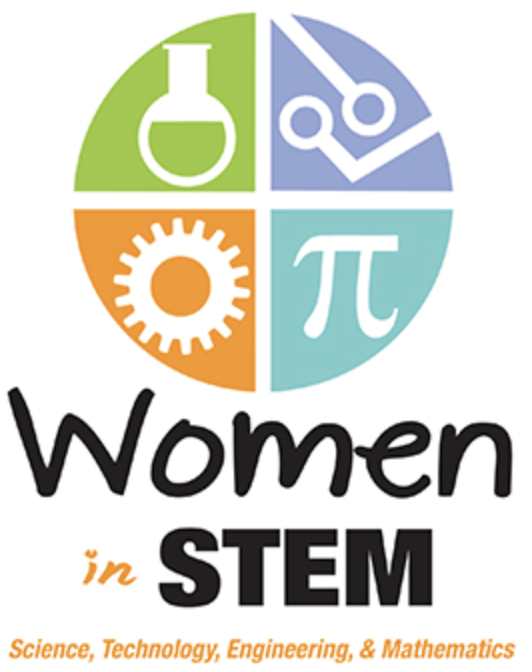Marta Bredy, Alberto Poloniato
The growing demand for STEM skills
The rapid advancement of technology, digitalization, and automation is transforming the global job market. As industries become increasingly reliant on artificial intelligence, big data, and robotics, the demand for STEM (Science, Technology, Engineering, and Mathematics) skills continues to rise. According to the European Commission, over 7 million STEM-related jobs will need to be filled in the EU alone by 2030. However, despite this growing demand, diversity and inclusion in STEM fields remain a challenge, particularly for women and underrepresented groups, including migrants.
The inclusion gap in STEM fields:
While STEM education and careers offer high employment potential and economic stability, access to these opportunities is not evenly distributed. Women, particularly those from migrant and minority backgrounds, face systemic barriers that limit their participation in STEM-related professions. Cultural and gender biases often discourage girls from pursuing STEM studies, while limited access to education and resources further restricts opportunities, especially for migrant women. The absence of mentorship and role models in STEM industries makes it even more challenging to navigate these fields, and workplace discrimination, along with unequal career progression opportunities, continues to hinder their advancement.

Why Inclusion in STEM Matters for the Future Job Market?
Inclusion in STEM is crucial for addressing the growing demand for skilled professionals, as the skills gap continues to slow innovation and economic growth. Increasing diversity ensures a workforce capable of meeting industry needs while driving innovation—teams with varied backgrounds develop more creative solutions and produce higher-quality research, leading to more inclusive and effective technology. A diverse STEM workforce also plays a key role in ensuring ethical tech by preventing biased algorithms and exclusionary technologies, fostering AI and automation that serve all communities fairly. Moreover, inclusive participation in STEM advances sustainability by driving progress in clean energy, smart cities, and climate resilience, tackling both environmental and social challenges. Expanding access to STEM careers ultimately boosts economic growth by reducing income inequality, promoting social mobility, and strengthening economic stability.
Fostering inclusion in STEM: the role of education, industry, and NGOs
Promoting inclusion in STEM requires a multi-faceted approach that starts with education and early exposure. Schools and universities must actively encourage young girls and migrant students to engage with STEM subjects by offering scholarships, mentorship programs, and inclusive curricula. Collaboration between industry and academia is also essential, with companies and higher education institutions working together to develop training programs, internships, and networking opportunities for underrepresented groups. NGOs and CSOs can support these efforts by facilitating apprenticeships and promoting inclusivity in education and professional development.
Policy and government support play a crucial role in ensuring equal access to STEM education, combating discrimination, and incentivizing diversity hiring in tech and engineering fields. Advocacy from NGOs can drive policy changes that foster a more inclusive STEM environment. Representation is equally important, as visible role models in STEM—particularly women and migrants—can inspire younger generations. Mentorship programs connecting experienced professionals with aspiring students can provide crucial guidance and encouragement.
Community support and networking further enhance inclusivity by creating safe spaces where underrepresented groups can share experiences, receive advice, and build confidence in STEM fields. Finally, ongoing monitoring and research are necessary to track the barriers faced by marginalized groups, publish findings, and influence policy and industry standards, ensuring that efforts toward diversity and inclusion lead to lasting change.
By combining efforts across education, industry, policy, and community support, NGOs and CSOs can drive lasting impact, ensuring STEM becomes truly inclusive for all.
NGOs and CSOs are key players in making STEM accessible to underrepresented groups. Through advocacy, education, partnerships, and community-building, they can help shape a more diverse and inclusive STEM workforce, ensuring that technological advancements reflect and serve all members of society.





